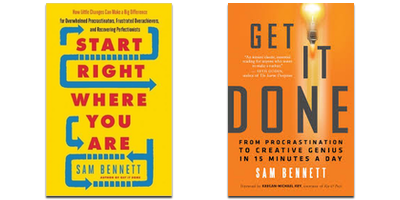Apologies are to be reserved for times when you have transgressed and are truly sorry.
But for times when you are, in fact, not sorry, consider this strategy: don’t apologize; say, “Thank you.”
I got this advice from my friend Adam and it took a while to sink in for me. But once I realized it was a fabulous alternative to mealy-mouthing, I started to really enjoy using it.
So rather than saying, “I’m so sorry it’s taken me so long to get back to you, ” consider saying, “Thank you for being patient.”
Rather than saying, “I’m sorry I can’t do XYZ,” consider saying, “Thank you for understanding that X, Y and Z are not possible for me right now.”
And rather than saying, “I’m sorry to bother you with this,” try, “Thank you so much for being available for this.”
For me, this technique solves the problem of feeling like I need to apologize when I’m not really sorry – as we all know, an insincere apology is one of the ickiest communications possible – and it allows me to focus on the good, positive aspects of the situation.
In short: inspired gratitude beats feigned servitude every single time.


thank you for all your blogs – they are ever so helpful to me 🙂 this one, especially. and here i thought just us midwesterners kept saying sorry, sorry, sorry. thanks for the wonderful new advice.
Thank you so much for commenting, Marina – it means a lot to me to know that I’ve been helpful. And a big sunny “Hi there!” from one Midwestern girl to another 🙂 (I grew up in Chicago)
I love this post. ‘Thank you’ creates connection rather than distance. Thank you for sharing these thoughts of yours.
Yes – great observation – and I think, too, that ‘thank you’ helps create a world of “yes” – of agreement. As opposed to “I’m Sorry” which can create a flustery “no, no – don’t be sorry…” sort of disagreement.
Thanks for writing!
This is great. Well said and very useful.